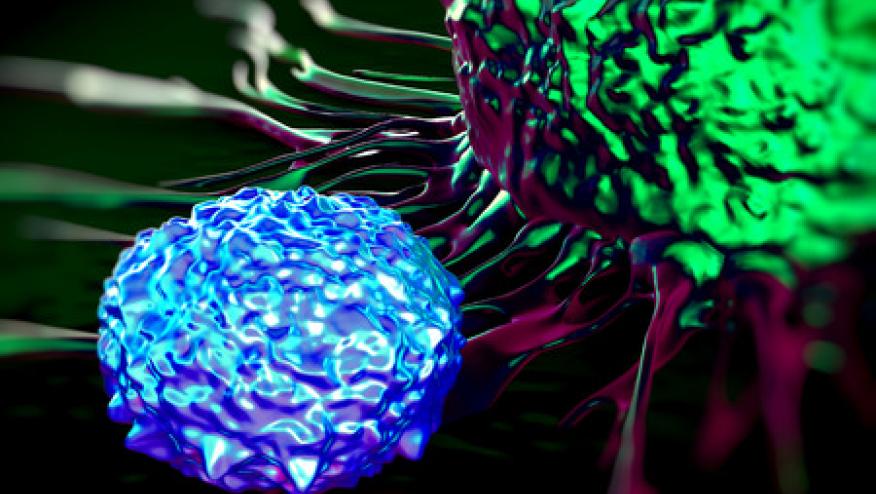Checkpoint Inhibitor Use with Pre-existing Autoimmune Disease Save

Annals of Internal Medicine reports treating advanced melanoma with immune checkpoint inhibitors (ICI) in patients with pre-existing autoimmune disease (AID) was as effective and safe in those with AID compared to those without AID, although severe colitis occurred more frequently among patients with preexisting inflammatory bowel disease.
ICI have been increasingly associated with immune-related adverse events (irAEs), frequently mimicking common AID; the question answered by this study is whether patients with preexisting AID would be more likely to experience irAEs when subjected to ICI for the treatment of advance melanoma.
The Dutch Melanoma Treatment Registry (DMTR) enrolled 4367 patients with advanced melanoma enrolled (2013-2018), of whom 415 patients (9.5%) had AID; most of which were rheumatologic (n = 227), followed by endocrine AID (n = 143), and inflammatory bowel disease (IBD) (n = 55). Over half of these (55%) received ICI therapy (87 with anti–CTLA-4; 187 with anti–PD-1, and 34 with the combination.
irAEs (grade 3 or higher) incidence in patients with AID
| Treatment | AID+ | AID- |
| anti-CTLA-4 | 30% | 30% |
| anti-PD-1 | 17% | 13% |
| Combination | 44% | 48% |
Similarly, treatment response rates were similar between groups for anti-CTLA-4 (10% vs. 16%), anti-PD-1 (40% vs. 45%), and combination (39% vs 43%) when comparing those with and without AID, respectively.
There were more discontinuations of anti–PD-1 treatment due to toxicity with AID (17% vs 8% without AID).
Interestingly, IBD were more prone to anti–PD-1–induced colitis (19% in IBD vs 3% with AID vs 2% without AID).
These data suggest that ICI therapy can be used, without substantial risk, in patients with AID, but that colitis patients may require close observation.










If you are a health practitioner, you may Login/Register to comment.
Due to the nature of these comment forums, only health practitioners are allowed to comment at this time.